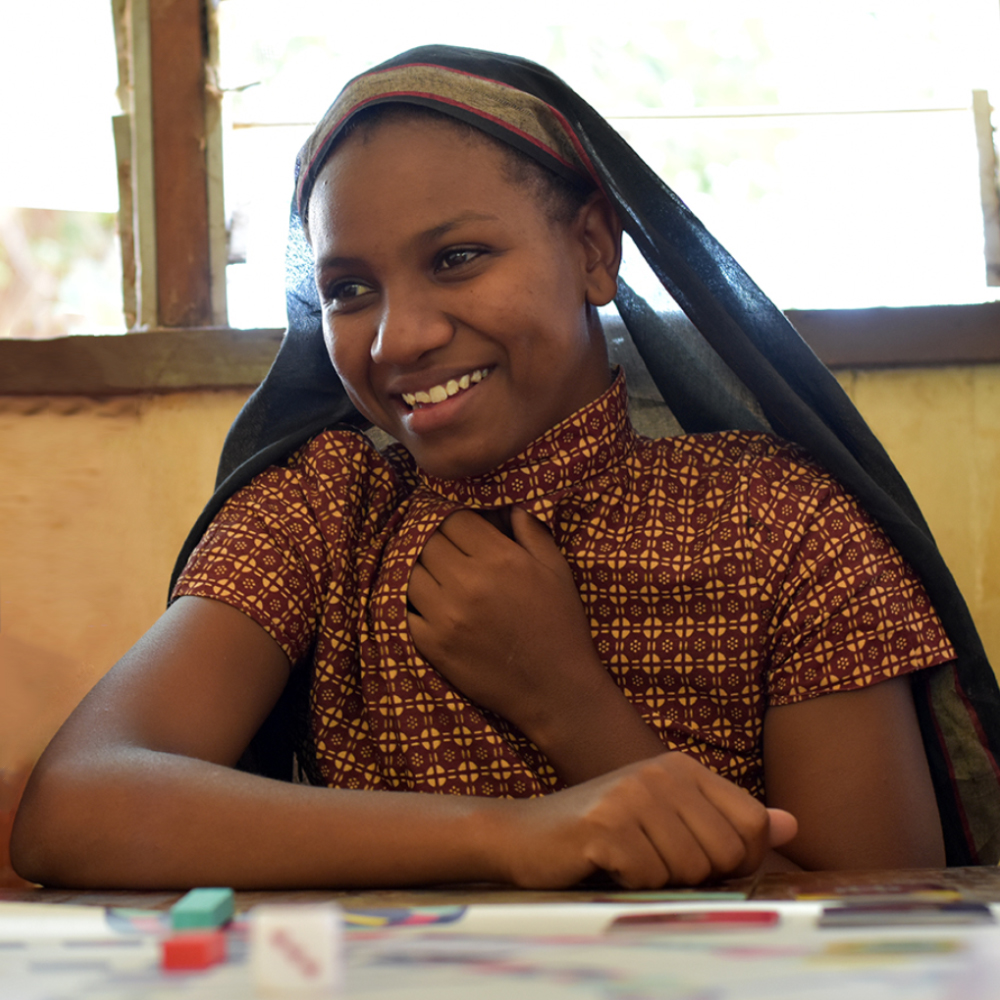Behind Core’s work supporting women in Tanzania to live happier and healthier lives, a photo essay
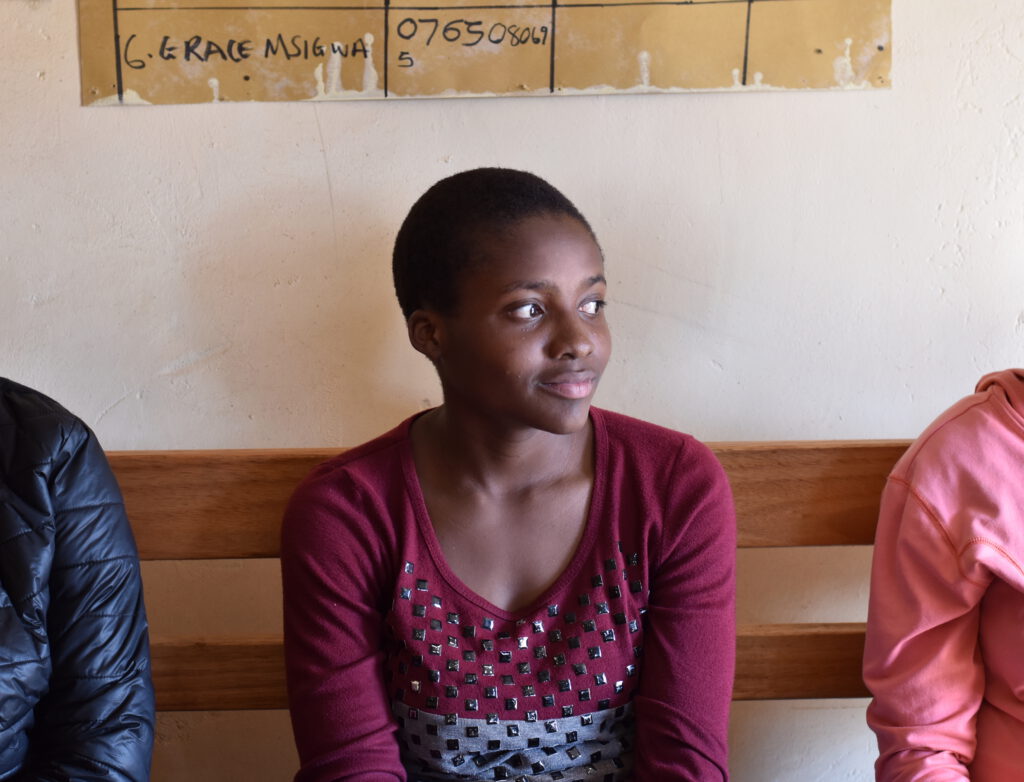 Core is working in Kyela, Tanzania to support local government (LGA) to engage with adolescents in order to improve long term sexual and reproductive health outcomes. The national government has rolled out a strategy focussed on developing adolescent reproductive health services in order to prevent HIV/ AIDS, gynaecological cancers, advance maternal health in general and reduce infant and maternal mortality. Work in this area is acknowledged as being crucial to reducing gender inequality.
Core is working in Kyela, Tanzania to support local government (LGA) to engage with adolescents in order to improve long term sexual and reproductive health outcomes. The national government has rolled out a strategy focussed on developing adolescent reproductive health services in order to prevent HIV/ AIDS, gynaecological cancers, advance maternal health in general and reduce infant and maternal mortality. Work in this area is acknowledged as being crucial to reducing gender inequality.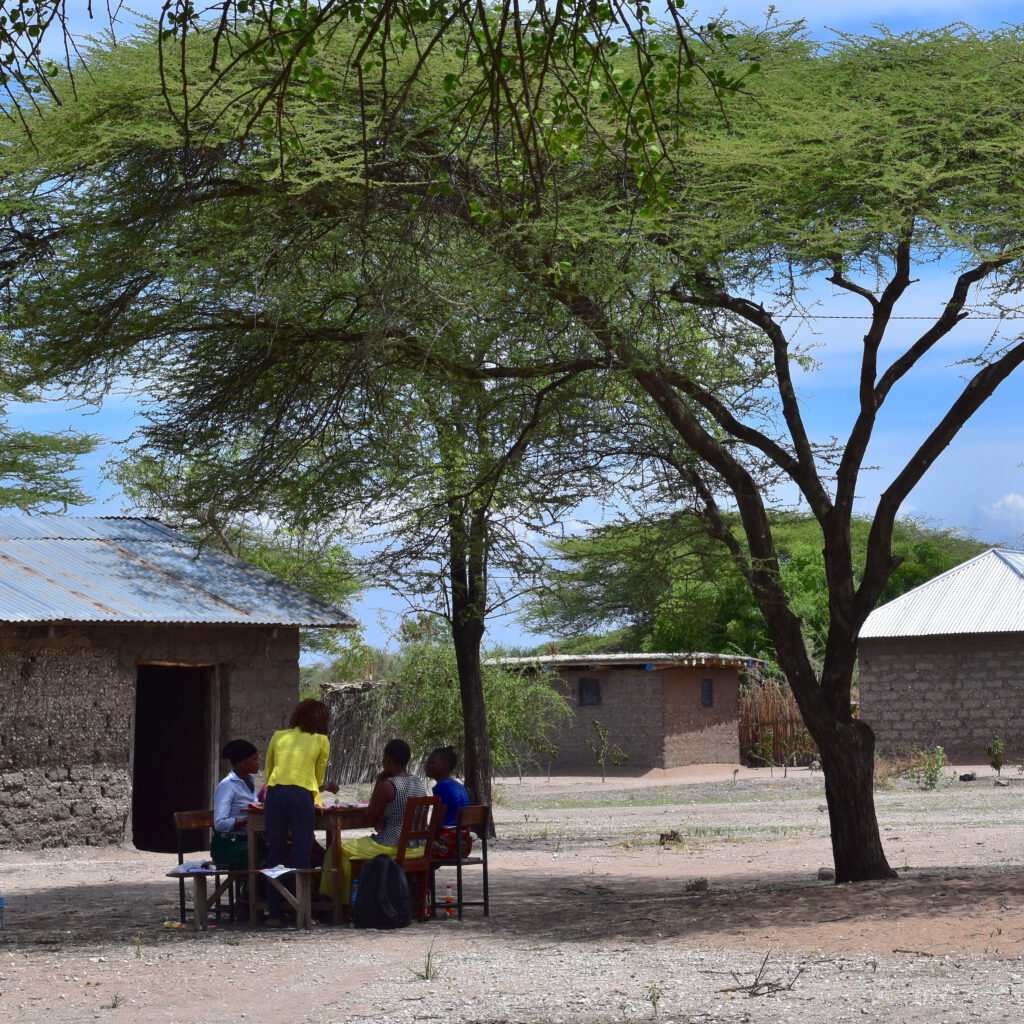 Tanzanian health services are delivered through a decentralised system where local government (LGA) provides care through community health services, dispensaries, health centres and district hospitals. The work of the LGA is supplemented by the private sector, religious organisations and public agencies.
Tanzanian health services are delivered through a decentralised system where local government (LGA) provides care through community health services, dispensaries, health centres and district hospitals. The work of the LGA is supplemented by the private sector, religious organisations and public agencies.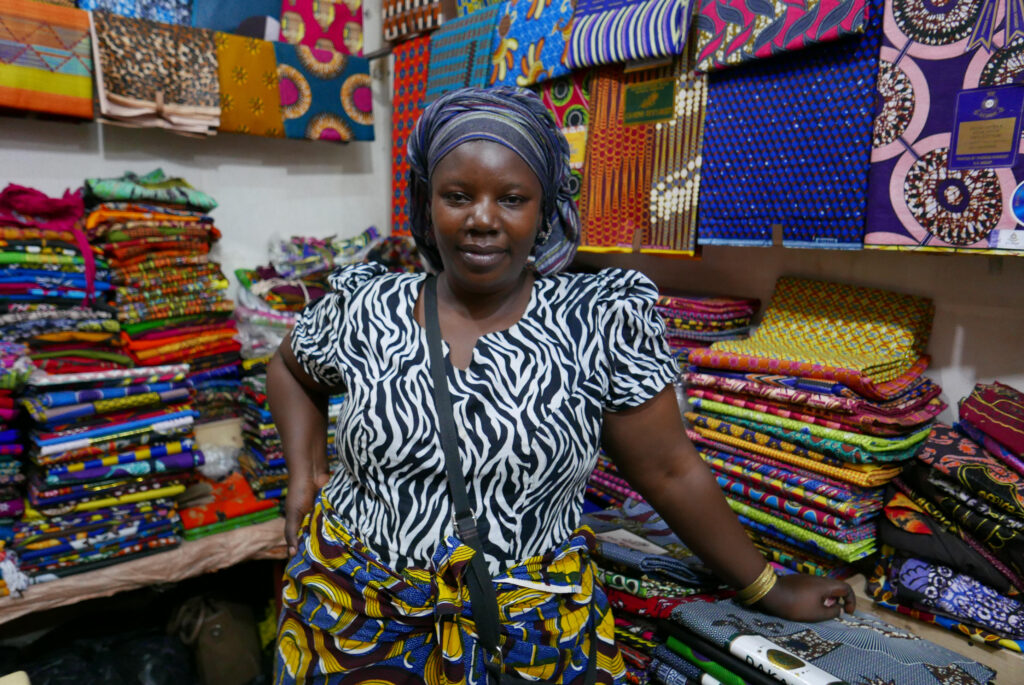 With sexual education only being provided to secondary school children, providing additional reproductive health services is vital to stop girls missing out if they finish their education after primary school. Sexual education in Tanzania does not currently provide information on contraception, which can leave young people vulnerable.
With sexual education only being provided to secondary school children, providing additional reproductive health services is vital to stop girls missing out if they finish their education after primary school. Sexual education in Tanzania does not currently provide information on contraception, which can leave young people vulnerable.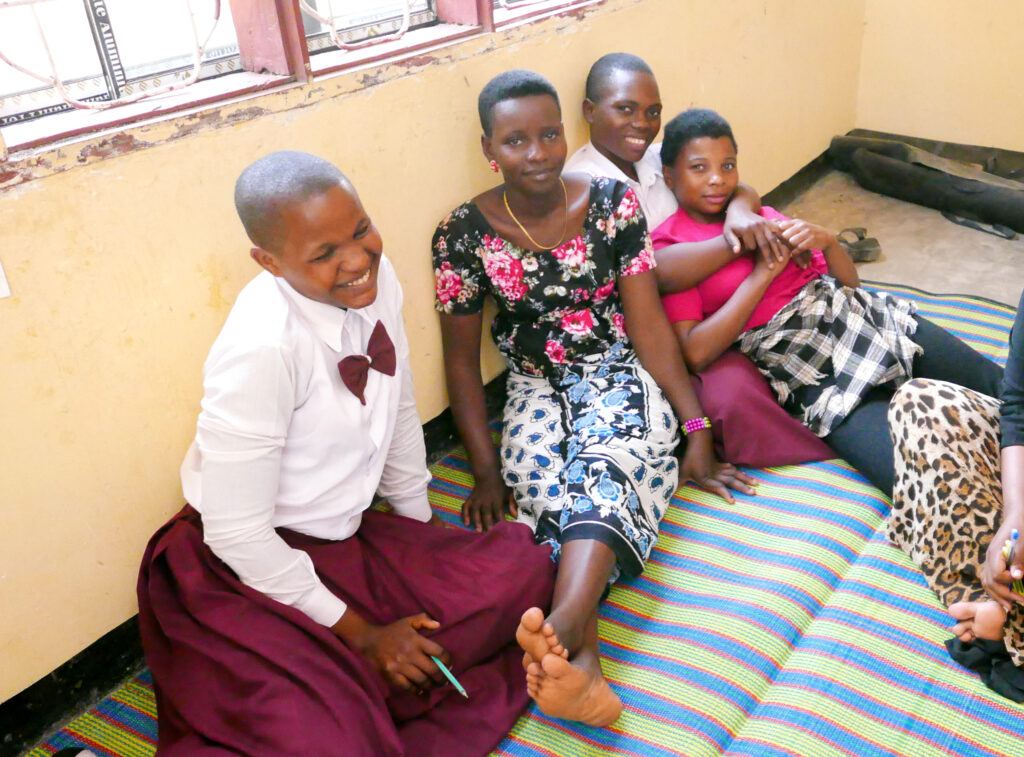 Despite much progress, there remain some areas of the law where women do not hold parity to men. One example of this is the legal age required to marry in Tanzania is 15 for women, 14 with parental consent, but for men it is 18. Abortion too remains illegal under most circumstances and carries a prison sentence.
Despite much progress, there remain some areas of the law where women do not hold parity to men. One example of this is the legal age required to marry in Tanzania is 15 for women, 14 with parental consent, but for men it is 18. Abortion too remains illegal under most circumstances and carries a prison sentence.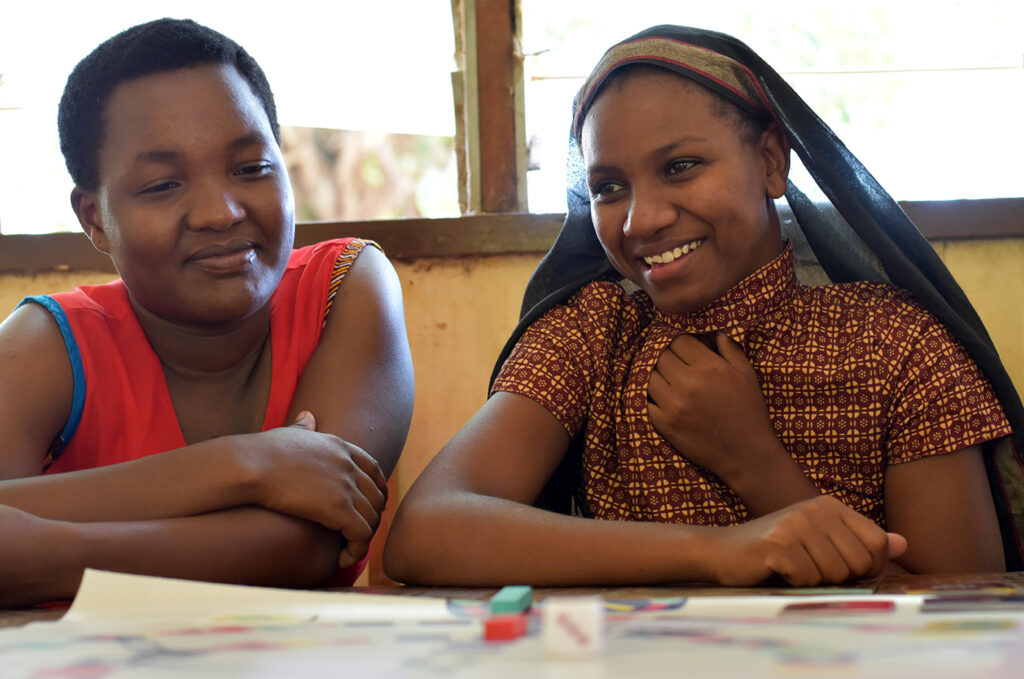 Menstruation is still commonly seen as taboo which can leave girls feeling isolated and anxious. Many are unprepared for the start of their menstruation and in some areas of the country they are not allowed to touch water sources, cook, handle crops or travel through planted fields whilst menstruating. Onset of menarche can expose girls to sexual harassment and stigma, as it is often seen as a sign of sexual readiness, causing many girls to hide their menses.
Menstruation is still commonly seen as taboo which can leave girls feeling isolated and anxious. Many are unprepared for the start of their menstruation and in some areas of the country they are not allowed to touch water sources, cook, handle crops or travel through planted fields whilst menstruating. Onset of menarche can expose girls to sexual harassment and stigma, as it is often seen as a sign of sexual readiness, causing many girls to hide their menses.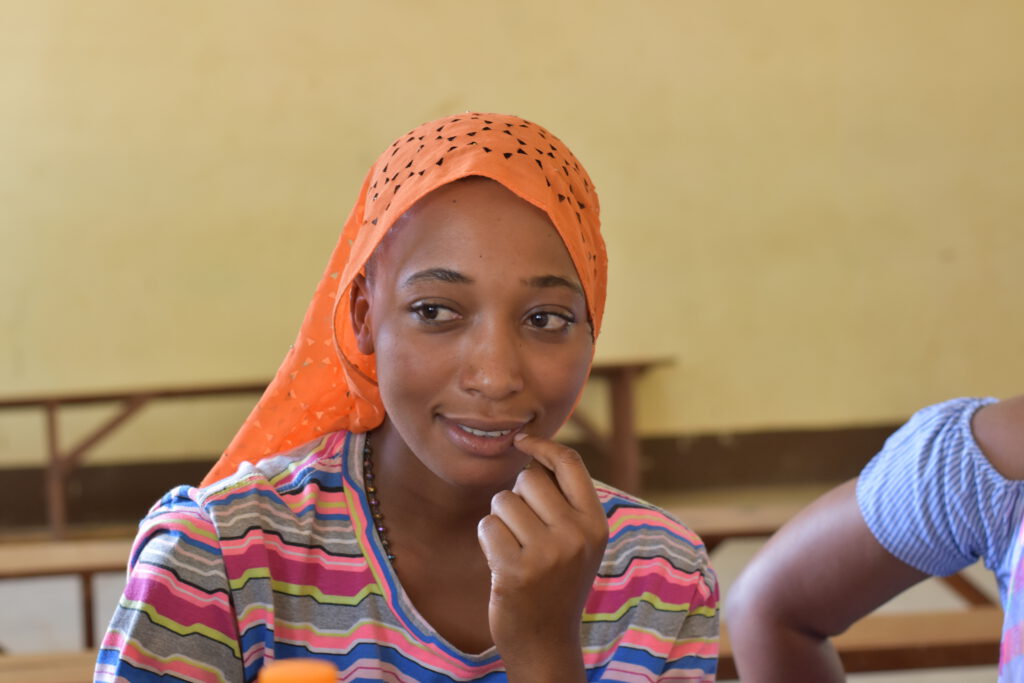 A lack of affordable sanitary products and clean water supply to homes and schools can make menstrual cycles even more difficult and result in girls skipping school during their period to avoid embarrassment.
A lack of affordable sanitary products and clean water supply to homes and schools can make menstrual cycles even more difficult and result in girls skipping school during their period to avoid embarrassment.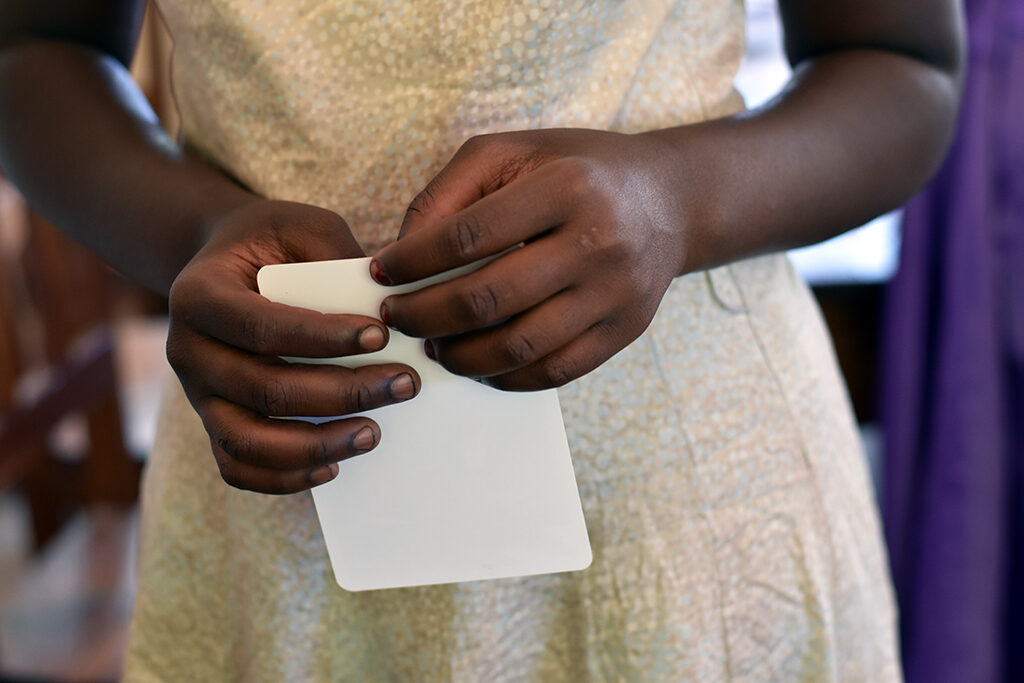 Some traditional cultural practices such as FGM, child marriage and initiation ceremonies can have a severely negative impact on sexual reproductive health outcomes. It is estimated that 10% of women aged 15-49 have been subjected to FGM.
Some traditional cultural practices such as FGM, child marriage and initiation ceremonies can have a severely negative impact on sexual reproductive health outcomes. It is estimated that 10% of women aged 15-49 have been subjected to FGM.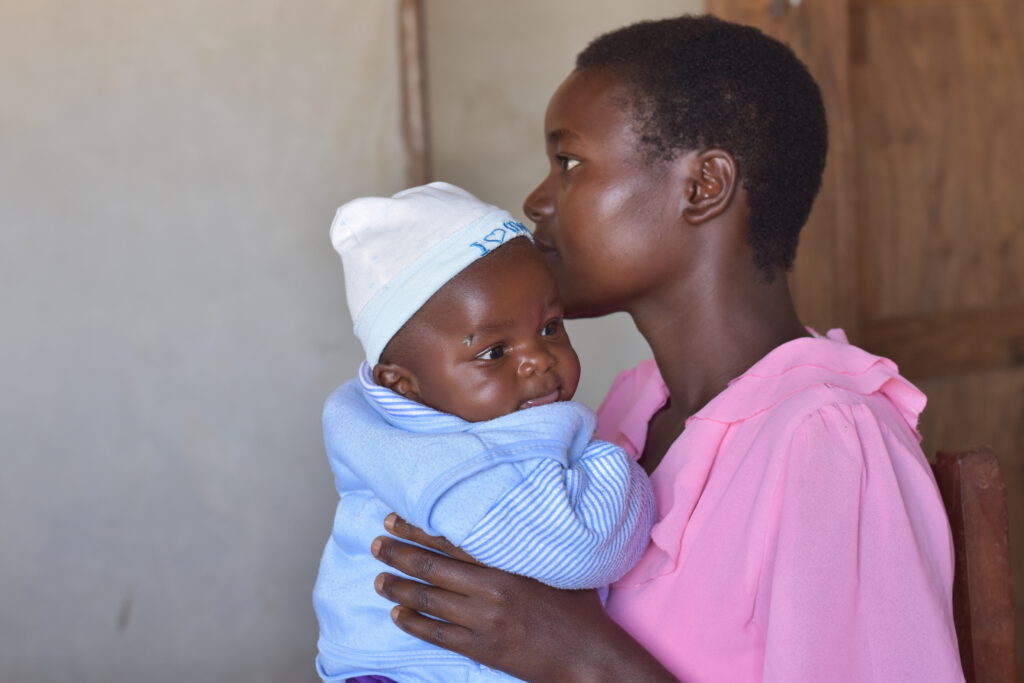 Core has been working with girls and young women, national government, parents, youth representatives, street ambassadors, community health workers, civil society partners, regional health coordinators and village executive officers as part of their human centered design process.
Core has been working with girls and young women, national government, parents, youth representatives, street ambassadors, community health workers, civil society partners, regional health coordinators and village executive officers as part of their human centered design process.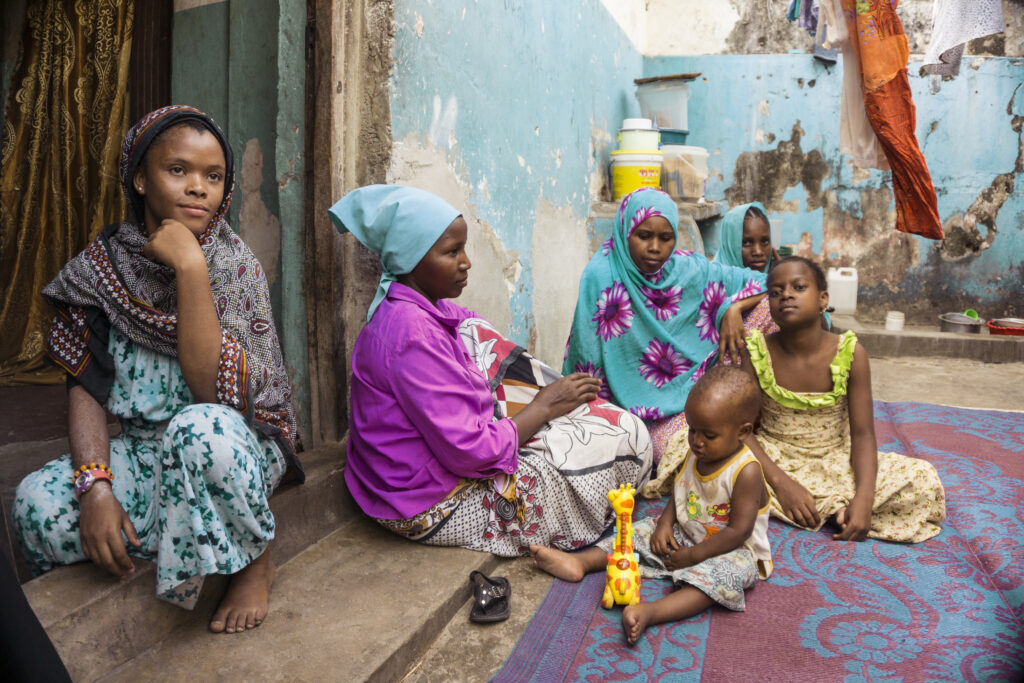 Through our discussions and co-create sessions in Kyela we have been assessing the needs and current behaviours in order to pinpoint where we can help build on existing local work. We hope to create interventions to support young women at critical points in their development to deal with the issues, like those listed above, which affect adolescents in Tanzania.
Through our discussions and co-create sessions in Kyela we have been assessing the needs and current behaviours in order to pinpoint where we can help build on existing local work. We hope to create interventions to support young women at critical points in their development to deal with the issues, like those listed above, which affect adolescents in Tanzania.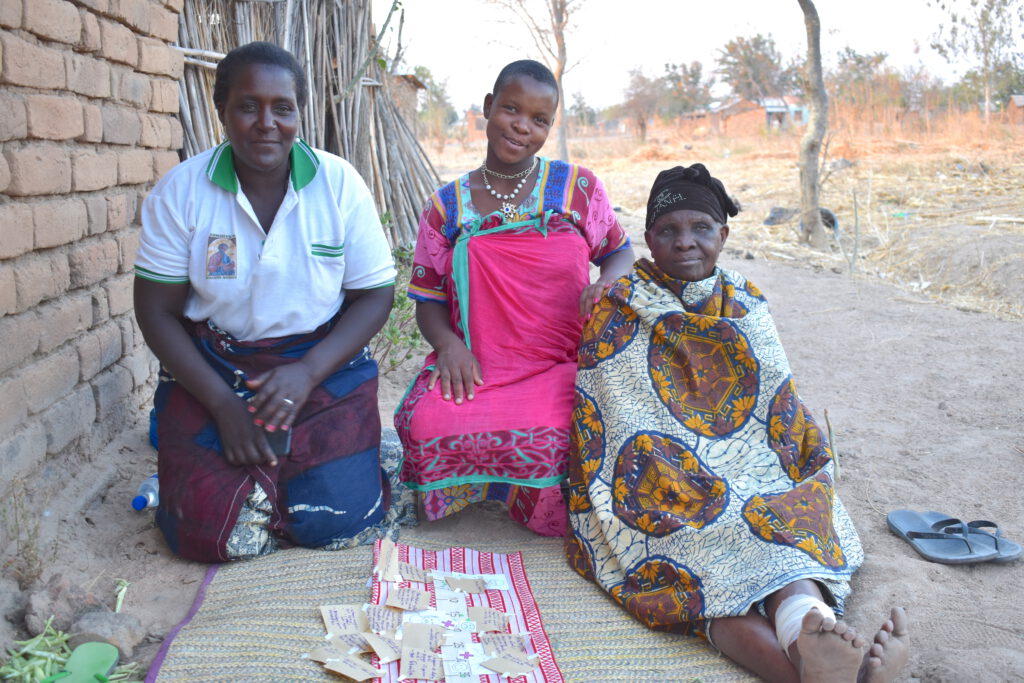 Our work is focused on ways to inspire, equip and empower adolescent girls to overcome the challenges they face and to fulfil their potential lead productive, healthy and happy lives. We are currently exploring human-centered design driven solutions such as role model initiatives, interactive advice games, and business start-up incubators with girls and young women in Kyela.
Our work is focused on ways to inspire, equip and empower adolescent girls to overcome the challenges they face and to fulfil their potential lead productive, healthy and happy lives. We are currently exploring human-centered design driven solutions such as role model initiatives, interactive advice games, and business start-up incubators with girls and young women in Kyela.
